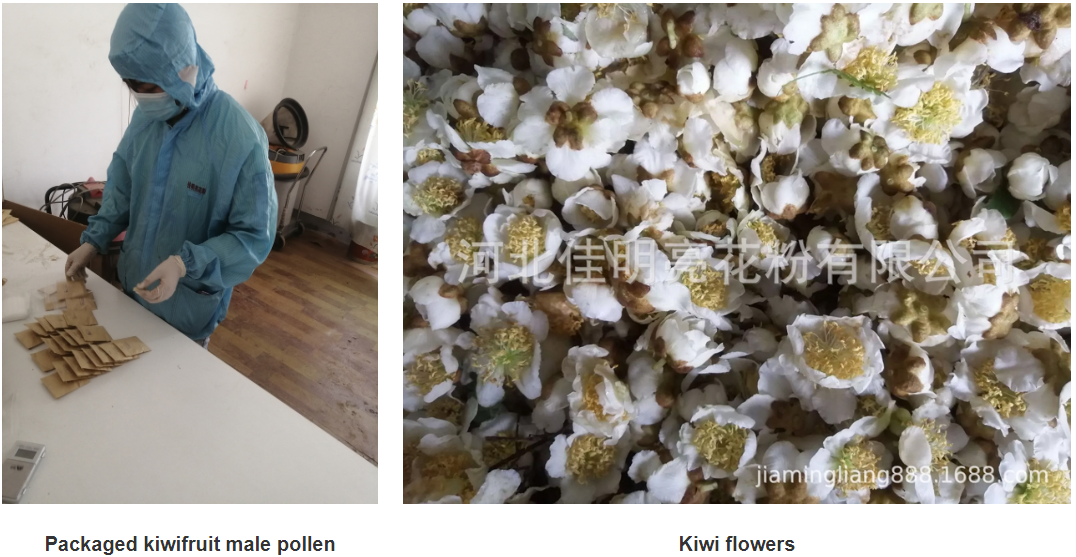Dhj . 03, 2024 23:18 Back to list
Optimal Apricot Pollen Quality for Effective Pollination in Apricot Orchards
High-Quality Apricot Pollen for Pollination in Apricot Orchards
Pollination plays a pivotal role in the successful cultivation of apricots, a fruit valued for its sweetness and nutritional benefits. For apricot orchards to thrive and yield abundant fruit, it is essential to consider the quality of pollen utilized during the pollination process. With the increasing challenges posed by climate change and declining bee populations, understanding and sourcing high-quality apricot pollen has never been more critical.
The biology of apricot trees (Prunus armeniaca) reveals their reliance on cross-pollination, which involves the transfer of pollen from the male anthers of one flower to the female stigma of another. This process is predominantly facilitated by pollinators, especially bees. However, the quality of the pollen itself can significantly influence the success rate of fertilization and fruit set. High-quality pollen is characterized by its viability, sterility rate, and genetic compatibility. Ensuring that apricot orchards have access to superior pollen not only enhances pollination efficiency but also contributes to better fruit quality and yield.
Factors that determine the quality of apricot pollen include its age, storage conditions, and the health of the parent tree. Fresh pollen collected during prime blooming conditions tends to yield better results compared to older or improperly stored pollen. Ideally, pollen should be harvested early in the day when flower moisture content is lower, ensuring a higher viability rate. Concurrently, appropriate storage conditions, like storing pollen in a cool, dry place, can significantly extend its viability.
In addition to sourcing fresh and viable pollen, the genetic diversity of pollen is another important consideration. Apricots, like many fruit trees, benefit from genetic variability. The introduction of different pollinators with varied genetic backgrounds can enhance cross-pollination effectiveness, leading to a more robust fruit set. Orchard managers can utilize specific pollen varieties known for their compatibility and effectiveness to optimize pollination outcomes across their orchards.
high quality apricot pollen for pollination in apricot orchard

Orchard management practices also play a significant role in facilitating effective pollination. Planting a variety of apricot cultivars that bloom at overlapping times can create a conducive environment for cross-pollination. Additionally, maintaining healthy bee populations in the area can be achieved through practices such as providing diverse flowering plants and minimizing pesticide use.
The importance of supporting pollinator populations cannot be overstated. In recent years, there has been growing concern over the declining number of bee species, which are essential for apricot pollination. Promoting bee habitats by planting wildflowers and reducing chemical pesticide applications can not only help sustain local bee populations but also boost the overall productivity of apricot orchards.
The future of apricot farming may very well depend on adopting innovative practices related to pollen management and pollinator conservation. As growers increasingly recognize the importance of high-quality pollen, research continues to explore new methods of pollen collection, storage, and application. Investing in this aspect of orcharding not only leads to superior fruit production but also supports environmental sustainability.
In conclusion, high-quality apricot pollen is crucial for successful pollination in apricot orchards. By ensuring the viability and genetic diversity of pollen, managing orchard practices, and supporting pollinator populations, growers can significantly enhance their yields and contribute to the overall success of their apricot production. As environmental challenges grow, taking proactive steps to ensure the health of both pollen sources and pollinators will be essential to sustaining apricot cultivation for generations to come.
-
Premium Cherry Pollen: Ideal for Pure & Effective Pollination
NewsAug.11,2025
-
Cherry Pollen: Pure & Potent for Natural Pollination
NewsAug.10,2025
-
High-Quality Peach Tree Pollen for Pure Pollination Success
NewsAug.09,2025
-
Fruit Paper Bags: Protect from Plant Pollen & Pests
NewsAug.08,2025
-
Plant Pollen Guide: Types, Uses & Artificial Pollination
NewsAug.07,2025
-
High-Viability Male Kiwipollen for Sale | Boost Yield
NewsAug.06,2025